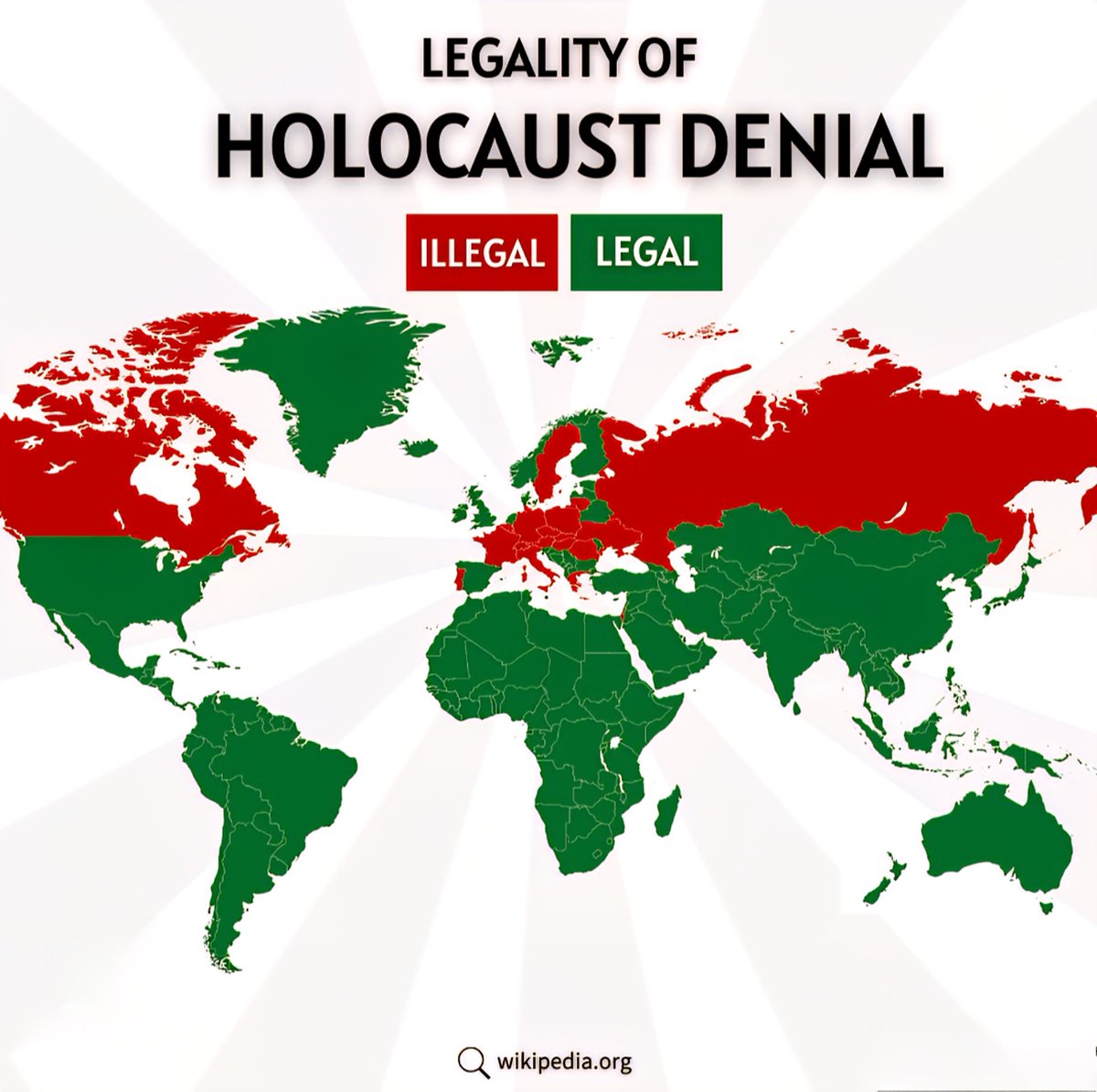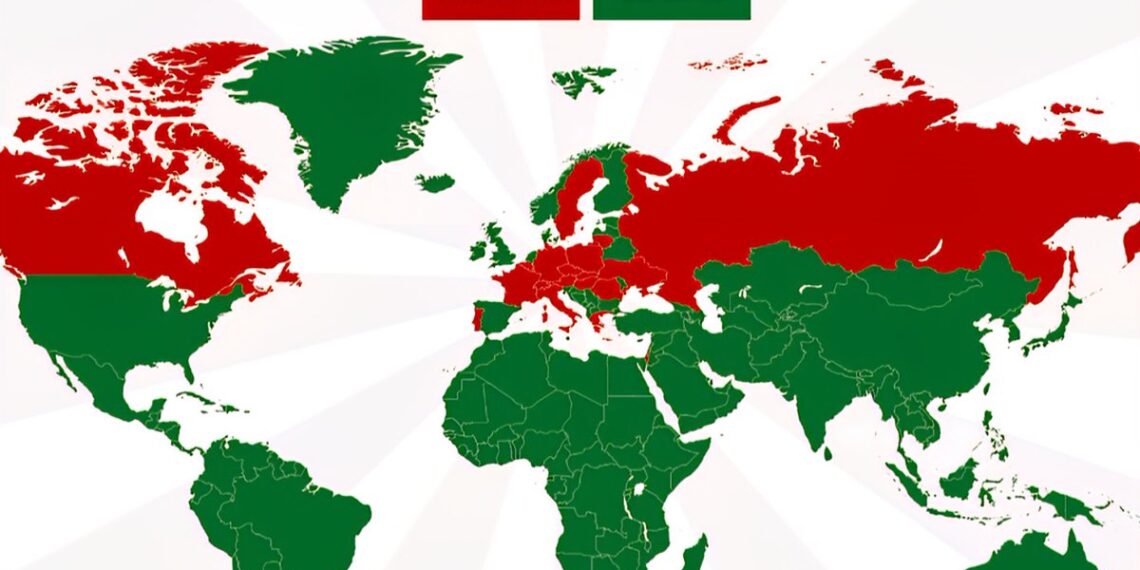Select Language:
Understanding the Legal Status of Holocaust Denial in 2025

1. What Constitutes Holocaust Denial Under Law?
Holocaust denial refers to the act of denying or minimizing the historical reality of Nazi atrocities, specifically the systematic murder of six million Jews during World War II. Legally, this practice is often defined as the deliberate rejection or distortion of established facts surrounding the Holocaust. In many jurisdictions, laws have been enacted to criminalize such denial, considering it a form of hate speech or incitement to violence. For example, in countries like Germany and France, denying the Holocaust is explicitly criminalized, with penalties ranging from hefty fines to imprisonment.
2. Countries Where Holocaust Denial is Criminalized
Over the years, an increasing number of nations have recognized the dangers posed by Holocaust denial and have introduced legislation to combat it. Notably, countries such as Germany, Austria, France, Belgium, and Israel enforce strict laws that prohibit Holocaust denial or any expression that promotes Nazi ideology. In some cases, these laws extend to online platforms and academic institutions. Notably, in 2025, the trend continues to be to treat Holocaust denial as a serious offense, with some countries updating their legal frameworks to address emerging forms of digital hate speech.
3. Legal Challenges and Free Speech Concerns
The criminalization of Holocaust denial often sparks debate around issues of free speech. Advocates argue that such laws infringe on individual rights to free expression and academic inquiry. Conversely, supporters contend that Holocaust denial fuels antisemitism, hate crimes, and social divisions, thus justifying legal restrictions. In 2025, courts worldwide are carefully balancing these interests, with many ruling that restrictions on Holocaust denial are justified given the potential for inciting hatred and violence.
4. How Social Media Platforms are Handling Holocaust Denial Content
Major social media companies have implemented policies to curb Holocaust denial content. In response to pressure from governments and civil society, platforms like Facebook, Twitter, and TikTok have taken steps to remove hate speech and misinformation regarding the Holocaust. However, enforcement remains complex. In 2025, many platforms employ AI-driven filtering tools, yet some activists report that denial content still persists, especially in private groups or deleted posts. Legal derivatives in certain countries also impose penalties on platforms that negligently host Holocaust denial material.
5. The Role of Education and Remembrance Laws
Legislation around Holocaust education continues to be a critical component in combating denial. Many states and nations require schools to teach about the Holocaust comprehensively, emphasizing the importance of historical accuracy. Additionally, some countries have enacted remembrance laws mandating the preservation of Holocaust memorials and the observance of annual remembrance days. By strengthening education and remembrance efforts, governments aim to foster understanding and prevent the spread of denial theories.
6. The Persistence of Denial and Its Impact on Society
Despite strict laws and educational initiatives, Holocaust denial persists in some areas, often fueled by extremist groups, conspiracy theories, and misinformation campaigns. This denial can lead to increased antisemitism and social tensions, especially in areas with a history of such sentiments. Addressing these issues involves a multi-faceted approach—legal measures, education, community engagement—to ensure that the historical truth remains intact and societal harmony is preserved.
7. International Cooperation and Future Outlook
In 2025, international organizations like the United Nations and Interpol continue to collaborate on strategies to combat Holocaust denial and related hate speech. Efforts include tracking online hate speech, promoting legal standards, and fostering intercultural dialogue. Moving forward, experts emphasize the need for robust digital literacy programs to empower individuals to recognize misinformation and for continued commitment to Holocaust remembrance to ensure that such atrocities are never forgotten or denied again.
By understanding the legal landscape surrounding Holocaust denial today, society aims to uphold historical truth while balancing free expression rights—a delicate but essential endeavor for fostering a just and informed world.
Image source: Twitter – G0ywcs9bcAEBj2G







